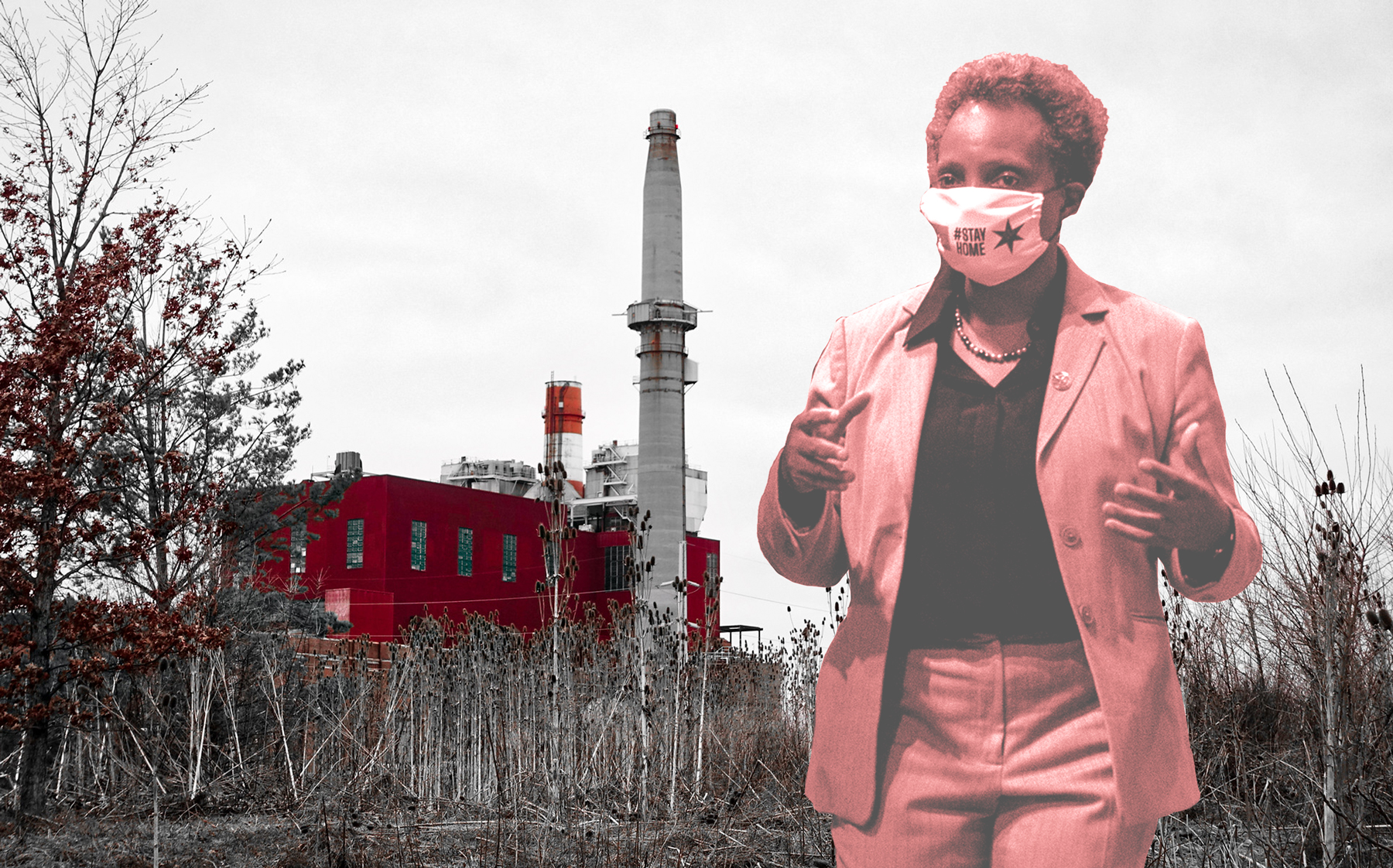Trending
Citing safety issues, Lightfoot tells Hilco to finish cleanup of Crawford Coal Plant
Mayor says disastrous demolition created “attractive nuisance” for scrappers

Mayor Lori Lightfoot gave Hilco Redevelopment Partners the all-clear to clean up debris left behind by its demolition of the former Crawford Coal Plant.
The demolition, carried out by a Florida-based company, caused a plume of debris that enveloped much of Little Village on the weekend of April 11. It has since spurred ferocious debates about aldermanic prerogative, the city’s permitting process, and the public benefit of handing tax breaks to developers.
In allowing HIlco and its new demolition contractor Heneghan Wrecking and Excavating to finish the work, Lightfoot said the city is addressing a present safety issue, according to the Chicago Sun-Times.
“I’ve been out to the site again myself. It remains in a dangerous condition,” Lightfoot said. “The debris is really scattered throughout the southern end of the property. And because of the demolition work, remaining parts of the building are structurally unsound.”
Lightfoot said the nature of the partially-demolished site makes it “an attractive nuisance” for scavengers.
The local alderman, Mike Rodriguez, has blamed Lightfoot’s administration for allowing the demolition to occur, even though Hilco’s demolition contractor violated city rules. He argued that it wouldn’t have happened had Lightfoot not stripped the alderman of aldermanic prerogative. Lightfoot pushed back on that and said Rodriguez had been involved in the project “from the very beginning.”
Hilco’s plan is to demolish the shuttered power plant and finish remediation of the 70-acre site.
Afterward, it would construct what it claims would be the largest available warehouse space in Chicago, at about 1 million square feet. Hilco has branded the Chicago project “Exchange 55,” and said it will cost about $100 million. Hilco in 2017 spent $12 million to buy the plant, which was shut down in 2012 after years of pressure from environmentalists. The firm received a $20 million tax break on the project, and secured a $153 million construction loan from Pacific Coast Partners in July. [Sun-Times] — James Kleimann




